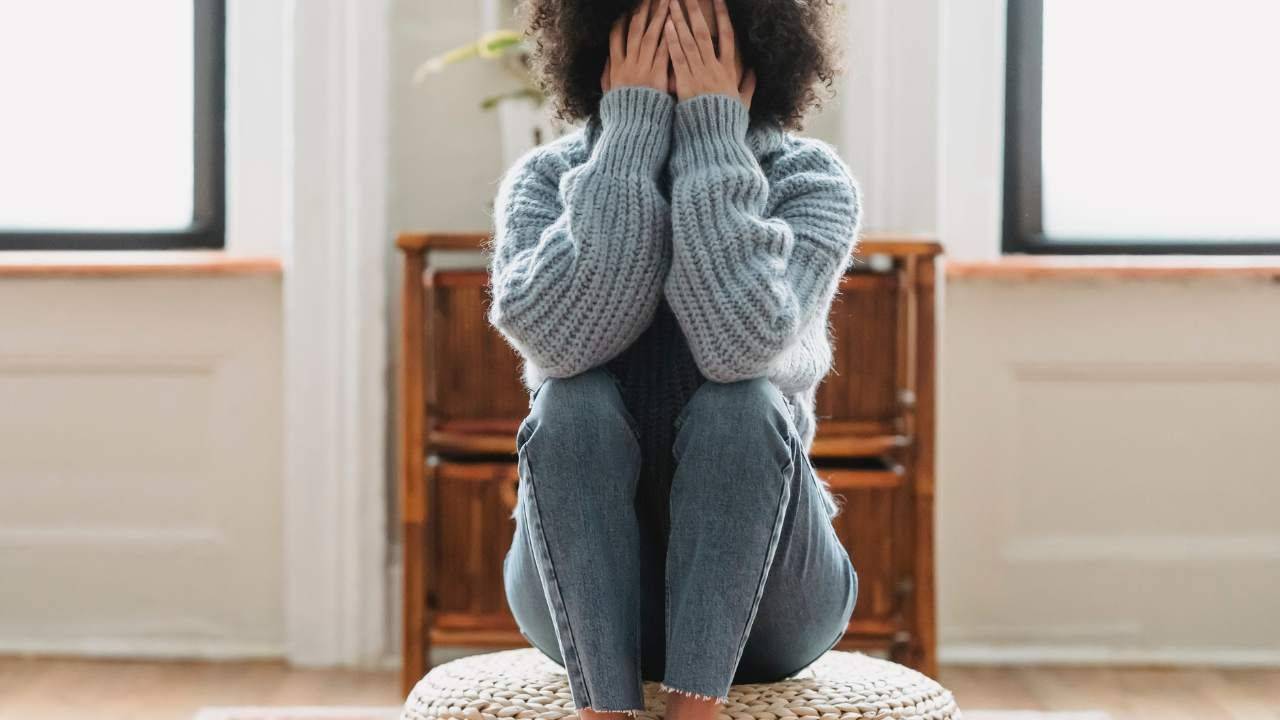Collective Grief: Navigating the Aftershock of Tragedy Together

When a tragedy such as a school shooting occurs, it leaves an indelible mark on the hearts and minds of those directly affected and the broader community. The recent shooting at Covenant School in Nashville is a difficult reminder of the fragility of life and the necessity of coming together in times of sorrow. As a nation, we grieve with Nashville and the families directly impacted by this senseless act of violence.
Though we may not have a personal connection to those who have experienced loss, grief still touches us in various ways. Collective grief is a shared emotional response to a traumatic event that affects a large group, such as a city or nation. Understanding that this collective grief is valid and requires attention and healing is essential.
Here are three ways to process and cope with collective grief:
- Acknowledge and Validate Your Feelings:
It's important to remember that grief is normal, even if the event does not affect you directly. Allow yourself to feel the sadness, anger, confusion, or other emotions you might experience. Ignoring or suppressing these feelings can hinder the healing process—contact friends, family, or support groups to share your feelings and thoughts. By opening up about your emotions, you permit others to do the same, fostering a sense of solidarity and understanding.
2. Engage in Acts of Kindness and Support:
One of the most powerful ways to process collective grief is to join together as a community and engage in acts of kindness and support. Examples of uniting as a community could involve:
- Attending vigils or memorials.
- Donating to the affected families.
- Volunteering with local organizations that provide support and assistance.
By engaging in these activities, you contribute to the healing process of the directly affected families and create a feeling of unity and purpose within the broader community. Acts of kindness can serve as a reminder that there is still good in the world, even amidst tragedy.
3. Seek Professional Help if Necessary:
Collective grief can manifest in various ways, and sometimes the emotional weight of a traumatic event can become overwhelming. If you find that your grief is significantly impacting your daily life, causing difficulty in concentrating and sleeping or affecting your mental health, it may be beneficial to seek professional help. Therapists and counselors are trained to help individuals navigate and process their grief, providing valuable tools and coping strategies. There is no shame in seeking help. It can be an essential step toward healing and recovery.
The healing process from collective grief can be challenging and may take time. It is essential to remember that everyone's journey is different, and there is no right or wrong way to grieve. By acknowledging and validating your emotions, engaging in acts of kindness and support, and seeking professional help when needed, we can move towards healing and growth as a community. In the face of tragedy, let us come together and support one another, fostering resilience and hope in the wake of sorrow.
Want More?
Lorem ipsum dolor sit amet, consectetur adipiscing elit. Cras sed sapien quam. Sed dapibus est id enim facilisis, at posuere turpis adipiscing. Quisque sit amet dui dui.
Subscribe for Updates
Get more great content, news, and special offers
By subscribing, you agree to receive ongoing updates


